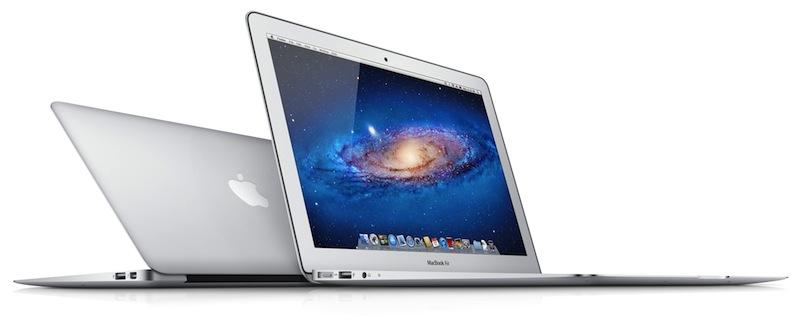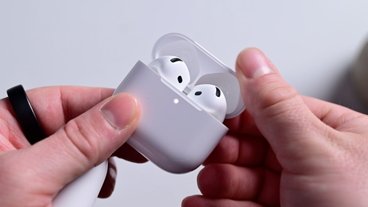Shortly after Apple released updated MacBook Airs earlier this month, a number of users began reporting that the machines were frequently crashing. Gizmodo noted this week that it was experiencing the issue with its own MacBook Airs and subsequently deduced that the issue was caused by the Chrome browser.
According to one poster on Apple's Support Communities, a Genius technician said that the problem was "the specific combination of Intel HD 4000 chip + flash + Chrome." Apple was reportedly aware of the issue and planning to release a patch soon.
Google issued a statement on Thursday acknowledging that it had found a "leak of graphics resources in the Chrome browser" that has been causing a kernel panic on the new MacBook Airs. The company is working to "find and fix" the cause of the leak, but in the meantime it has issued an auto-update release that will temporarily disable GPU acceleration features in Chrome.
The announcement comes on the same day that Google launched its Chrome browser on iOS. However, the iPhone version of Chrome is mostly a UI wrapper around Apple's own Webkit platform, as Apple does not allow third-party browsers available in the App Store to have their own rendering or JavaScript engines.
Google's entire statement as provided to Gizmodo:
"We have identified a leak of graphics resources in the Chrome browser related to the drawing of plugins on Mac OS X. Work is proceeding to find and fix the root cause of the leak.The resource leak is causing a kernel panic on Mac hardware containing the Intel HD 4000 graphics chip (e.g. the new Macbook Airs). Radar bug number 11762608 has been filed with Apple regarding the kernel panics, since it should not be possible for an application to trigger such behavior.
While the root cause of the leak is being fixed, we are temporarily disabling some of Chrome's GPU acceleration features on the affected hardware via an auto-updated release that went out this afternoon (Thursday June 28). We anticipate further fixes in the coming days which will re-enable many or all of these features on this hardware."
 Josh Ong
Josh Ong







-m.jpg)






 Andrew Orr
Andrew Orr
 Wesley Hilliard
Wesley Hilliard

 Oliver Haslam
Oliver Haslam
 Christine McKee
Christine McKee
 Amber Neely
Amber Neely








103 Comments
I'll bet the fix is also worthy of a new version number.
Listen all y'all, it's sabotage!!
The kernel panic is caused by a MBA feeling violated when all its private data was being molested.
Stop using Chrome. Problem solved.
Stop using Chrome. Problem solved.
Lot of people like obviously, it's currently the most used browser.